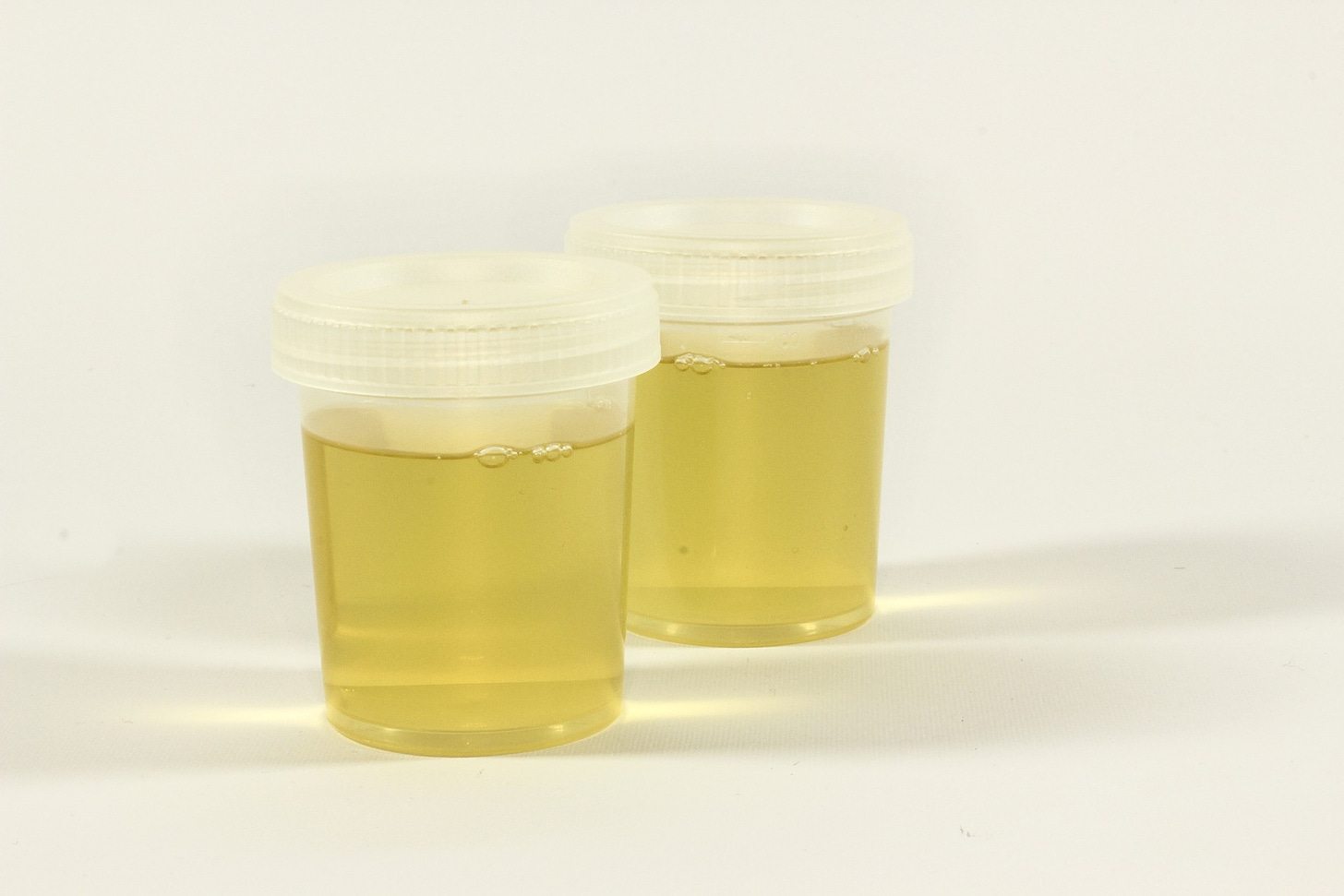After the Italian study reported dramatic improvements with a supplement of Vitamin C and L-Arginine, I want to go into greater detail about what we know about these two supplements. Starting with Vitamin C levels in our urine.
There’s a curious idea floating around that says that taking extra Vitamin C does only one thing: it gives people expensive urine. I first encountered this idea in the 1970s, and it is still going strong — an article popped up in my news feed last week claiming exactly that. But it is an idea based on a fundamental misunderstanding of the role of vitamins in our bodies.
Vitamins (like minerals and many medicines) are not energy sources, they are not simple calories. We are not supposed to ‘burn’ or metabolically consume 100% of the vitamins that we take in. Some of these things do get consumed, but others act like catalysts - they help the body do something, but they are not necessarily destroyed. The real question is “does the body have enough of the vitamin when it is needed?”
Let’s use a metaphor that makes this easy for many people to understand: the automobile. Gasoline is the energy source (calories) for the vehicle. We do want to burn 100% of the gasoline that goes in our car, or as close to 100% as is possible.
Many vitamins, minerals, and medicines function in a way that is nothing like gasoline - they play a role that is like motor oil. We put clean oil in a car every few months, and then we drain the oil, send it off for disposal or recycling, and put in new oil. We don’t want our car to burn 100% of the oil we put into it … ideally, the car is not burning oil at all. But regardless, we need the oil to be at a certain level because it serves a different purpose: it lubricates. Without that lubrication, the engine is in trouble. Vitamins, minerals and medicines perform a variety of functions that are analogous to motor oil. It’s OK that they are not burned up. It’s OK that the body excretes them, just like it is OK to flush out the motor oil every 18,000 miles.
Some people may have had nitrous oxide in a dentist’s office when having a tooth extracted. Nearly 100% of the nitrous oxide a person inhales is soon exhaled. What does that tell us about the use of nitrous oxide as an anesthetic? Nothing! We know that when there is nitrous oxide in the blood, it interferes with the nerves that signal pain. The fact that it is quickly exhaled might be relevant to keeping the anesthesia going, but it doesn’t speak to the effectiveness of the anesthesia. Nitrous oxide is used because it works, not because the gas is held in the body and metabolically consumed.
When a patient is prescribed an antibiotic, somewhere between 20% and 90% of that antibiotic is excreted unchanged or very slightly changed in the urine and feces. That doesn’t mean that antibiotics are worthless, or that the dose was too high. That excretion has nothing to do with whether the antibiotic successfully treats an infection. And it would be silly (and dangerous) to say that antibiotics just give people expensive urine and expensive feces!
The important thing with antibiotics (and vitamins) is whether there is enough present in the body for that chemical to do its job. In the case of antibiotics, the role is to interfere with the bacteria, to make it hard for them to thrive and multiply.
In the case of Vitamin C, we need enough of the ascorbate circulating so that it sponges up free radical oxygen. And vitamin C acts as cofactor for many enzymes, so we need enough of it present in every cell so that these enzymes are working at high capacity. Sometimes vitamin C is consumed by these reactions - but it can be regenerated by glutathione or other systems in the body… it is catalyst, not a fuel. The amount of vitamin C in the urine is not really important - but the amount of vitamin C inside the body is very important.
Humans are unusual when it comes to mammals; we are one of the few who don’t make our own vitamin C. We have to get vitamin C from food or dietary supplements, which are a concentrated ‘food.’ And our need for vitamin C goes up when the body is dealing with certain types of illness.
The recommended daily value (DV) for vitamin C was originally defined as the amount necessary to prevent a person from getting scurvy (which is probably lower than the dose needed for optimal health). The daily value of vitamin C has been raised a few times over the years. And the DV does not take into account times of metabolic stress or disease when our need for vitamin C is higher. Moderate supplementation can make sense.
I think of the “expensive urine” argument as a clever marketing trick. People tend to be shy about bodily functions, and they don’t want to be portrayed as foolish (especially about their pee). But this type of urine-shaming is based on ignoring the biochemistry of the body. It does not prove that higher doses of vitamin C are never beneficial for health. If a study shows that an argine+vitamin C treatment improves the health of people with Long Covid, we should focus on that evidence. Theoretical ideas about expensive urine? They are illogical dogma. Focus on the evidence.




